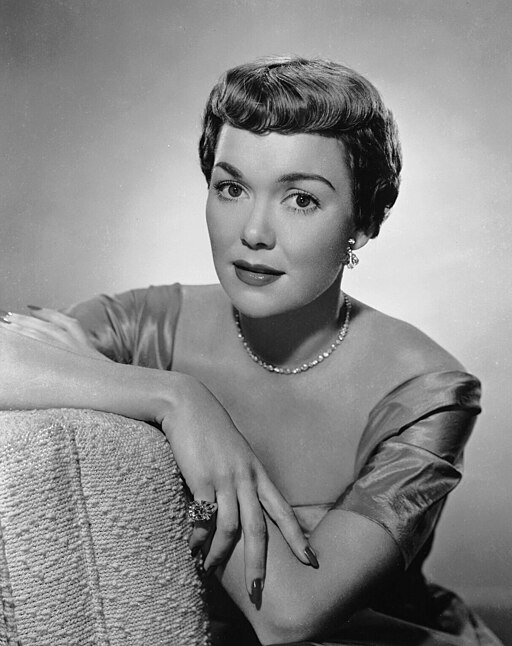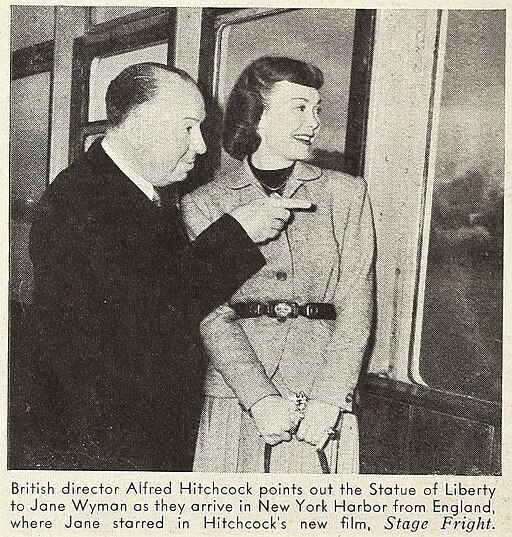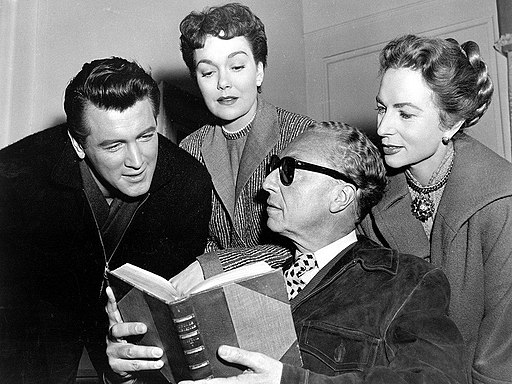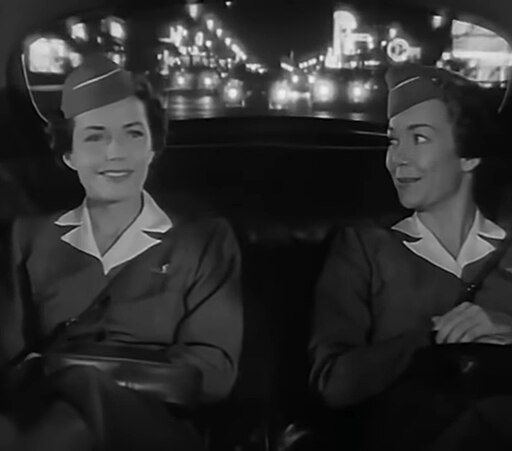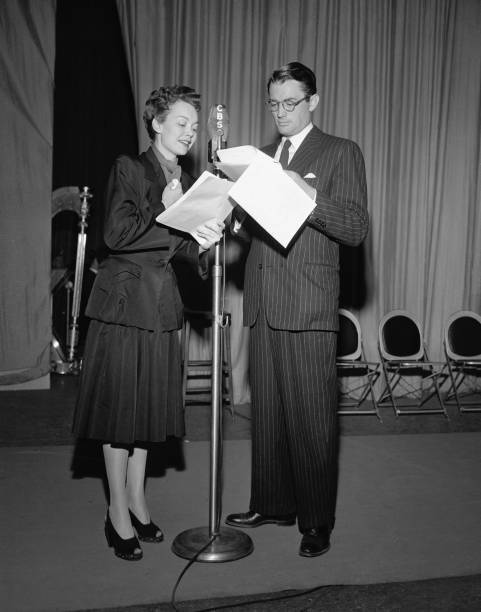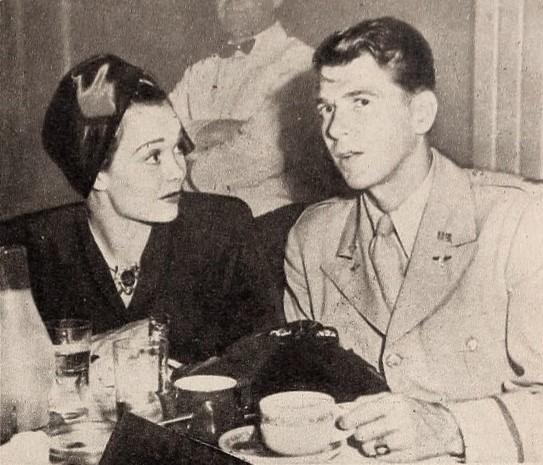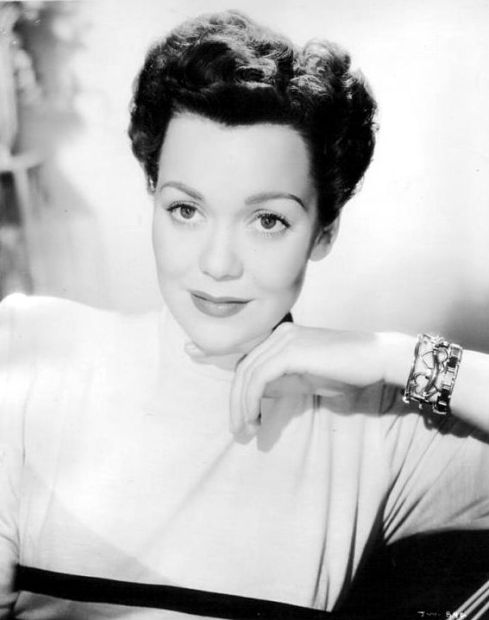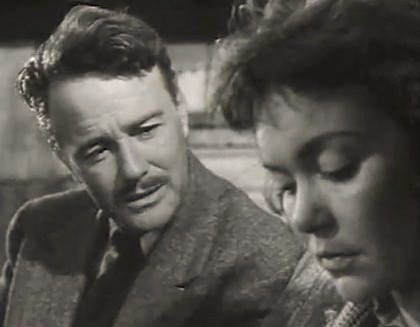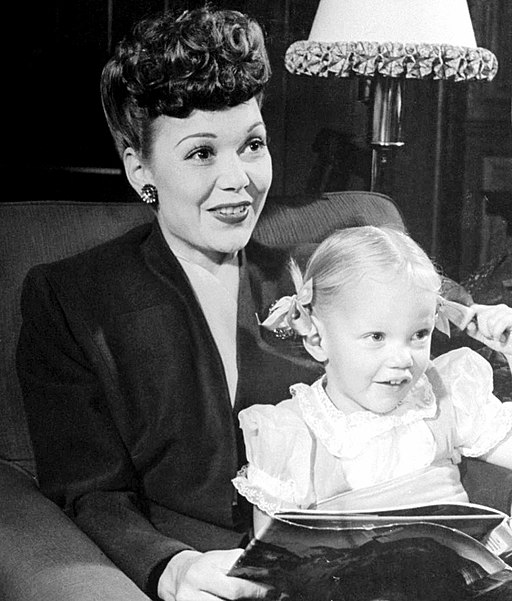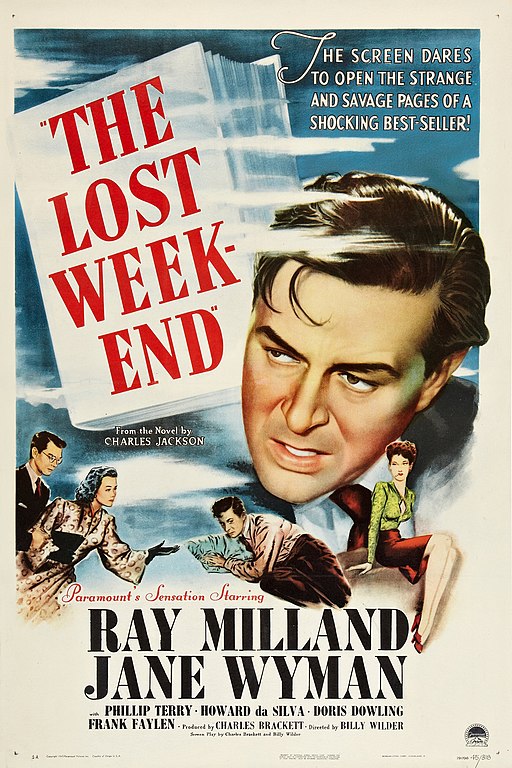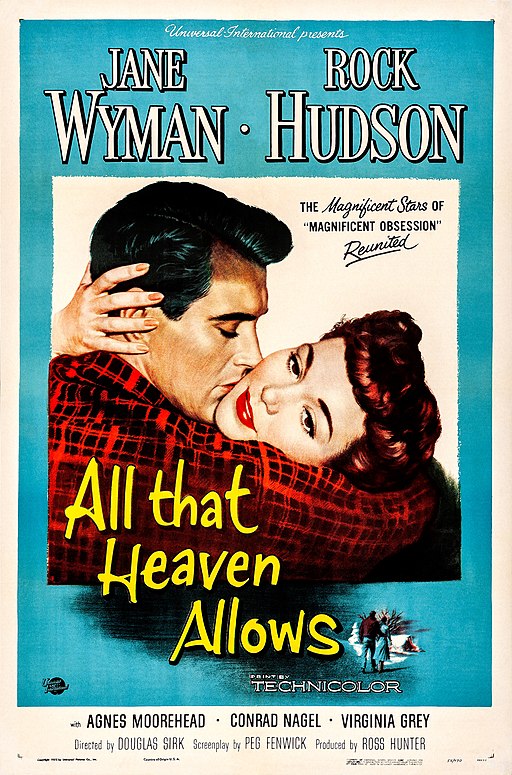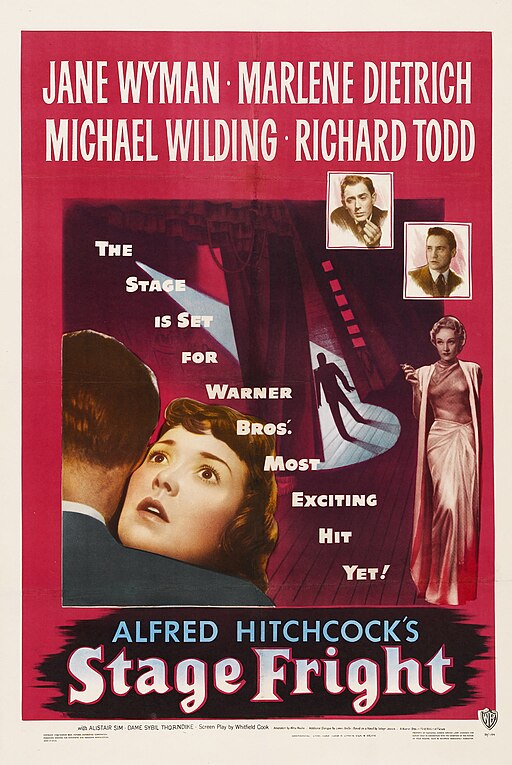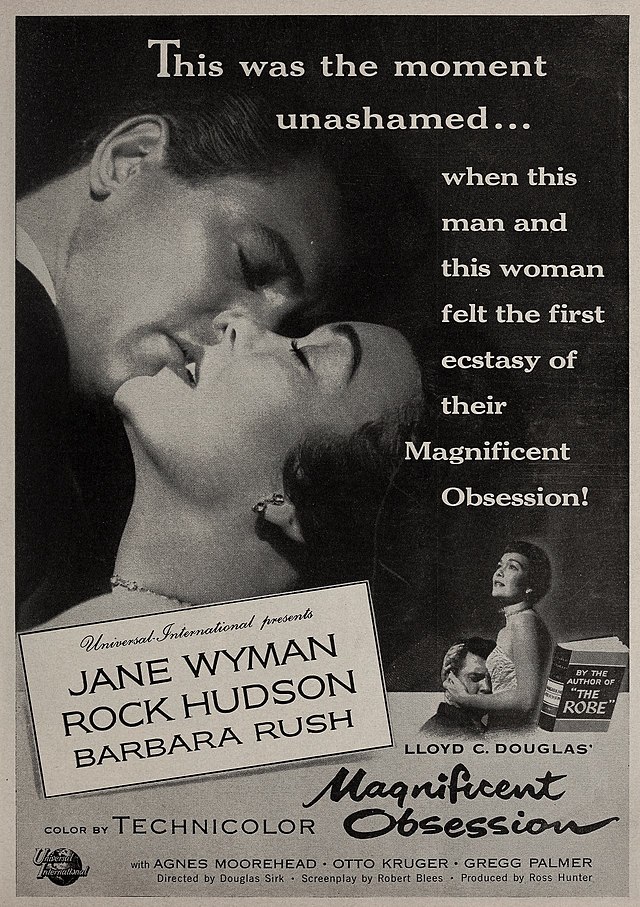Jane Wyman
back| Full Name | Sarah Jane Mayfield |
| Stage Name | Jane Wyman |
| Born | January 5, 1917 |
| Birthplace | Saint Joseph, Missouri, USA |
| Died | September 10, 2007 |
| Buried | Forest Lawn Memorial Park, Cathedral City, California, USA |
| Married to | Ernest Eugene Wyman (1933–1935) - Myron Futterman (1937–1938) - Ronald Reagan (1940–1948) - Fred Karger (1952–1955; remarried 1961–1965) |
| Children | Maureen Reagan (adopted, with Ronald Reagan) - Michael Reagan (adopted, with Ronald Reagan) - Christine Reagan (biological, with Ronald Reagan; died shortly after birth) |
| Notable films | Johnny Belinda (1948) - The Yearling (1946) - The Blue Veil (1951) - Magnificent Obsession (1954) - All That Heaven Allows (1955) |
Jane Wyman
The Versatile Icon of American Cinema
Jane Wyman was an American actress whose career spanned over seven decades. Rising from humble beginnings and early roles in the 1930s, she achieved stardom with her Academy Award-winning performance in "Johnny Belinda" (1948).
Known for her versatility, Wyman excelled in a variety of genres, earning further Oscar nominations for "The Yearling" (1946), "The Blue Veil" (1951), and "Magnificent Obsession" (1954). Her personal life garnered attention due to her marriage to Ronald Reagan, future U.S. President.
Related
Jane Wyman (1917 – 2007)
Biography and Career Overview
Jane Wyman was born Sarah Jane Mayfield on January 5, 1917, in Saint Joseph, Missouri, USA. Her early years were marked by upheaval; her father died when she was only three, and her mother moved to Cleveland, Ohio, leaving young Sarah Jane in the care of foster parents. These early experiences perhaps instilled in her a resilience that would characterize her later life and career.
Wyman's interest in performing arts emerged early. After attending Lafayette High School in Saint Joseph, she relocated to Southern California, where she pursued a career in Hollywood. Initially finding work as a radio singer, Wyman's determination soon led her to small roles in films.
Path Towards Success
yman's career in Hollywood began in the 1930s with uncredited roles and bit parts. Her persistence and talent gradually won her more substantial roles. By the mid-1940s, she had established herself as a leading actress. Her breakthrough came with the movie "The Lost Weekend" (1945), where she played the supportive girlfriend of an alcoholic writer.
However, it was her role in "Johnny Belinda" (1948) that cemented her status as a Hollywood star. Portraying a deaf-mute rape survivor, Wyman delivered a performance that earned her the Academy Award for Best Actress. She continued to demonstrate her range in films like "The Yearling" (1946), "The Blue Veil" (1951), and "Magnificent Obsession" (1954).
Marriages and Family Life
yman's personal life was as eventful as her career. She was married four times, most notably to Ronald Reagan, with whom she shared a high-profile marriage from 1940 to 1948. They adopted two children, Maureen and Michael, and had one biological daughter, Christine, who tragically died shortly after birth. Her marriages to Ernest Wyman, Myron Futterman, and Fred Karger (whom she married twice) were less publicized but significant chapters in her life.
Passions and Interest
Beyond acting, Wyman had a passion for music and painting. She was also known for her philanthropic efforts, involving herself in various charitable organizations and causes. Wyman had a deep commitment to helping children with hearing impairments, possibly influenced by her role in "Johnny Belinda."
Later Years and Death
n her later years, Wyman found success on television, most notably in the primetime soap opera "Falcon Crest," where she played the formidable matriarch Angela Channing from 1981 to 1990.
Jane Wyman passed away on September 10, 2007, at the age of 90. She died of natural causes related to age at her Palm Springs home. Her death marked the end of an era in Hollywood, closing the chapter on a career that had spanned over seven decades. Wyman was laid to rest at Forest Lawn Memorial Park in Cathedral City, California, leaving behind a legacy as one of Hollywood's most respected and versatile actresses.
Jane Wyman wins Oscar for Best Actress in 1949:
Jane Wyman’s Acting Style:
Jane Wyman's acting style was marked by a combination of subtlety, depth, and versatility, enabling her to excel across various genres throughout her career.
Subtle Expression and Emotional Depth:
Wyman was renowned for her ability to convey deep emotions with minimalistic expressions. Her performance in "Johnny Belinda" epitomizes this skill. Playing a deaf-mute character, she relied solely on facial expressions and body language, effectively communicating a range of emotions without uttering a single word. This restraint and subtlety in her acting demonstrated a profound understanding of her characters' internal worlds.
Versatility and Range:
Wyman's filmography spanned from screwball comedies and musicals in her early career to intense dramas and romantic films in her later years. This versatility was a testament to her adaptability and wide-ranging talent. In musicals and comedies, she displayed a light-hearted, engaging presence, while her dramatic roles showcased her ability to delve into more complex, often troubled characters.
Transformation and Character Immersion:
One of Wyman's strengths was her ability to completely immerse herself in her roles. She transformed herself for each character, adapting her voice, posture, and demeanor to suit the role. This transformative ability allowed her to convincingly portray a diverse array of characters, from a lovelorn widow in "Magnificent Obsession" to a determined mother in "The Yearling."
Connection with Co-Stars:
Wyman had a unique ability to establish compelling chemistry with her co-stars. This talent was particularly evident in her films with Rock Hudson, like "All That Heaven Allows" and "Magnificent Obsession," where the pair's on-screen dynamics added depth to their romantic storylines.
Emotional Authenticity:
Above all, Wyman brought a sense of emotional authenticity to her performances. Whether portraying joy, despair, or resilience, she did so with a genuine conviction that resonated with audiences. Her performances were not just watched; they were felt, making her characters relatable and her stories impactful.
Memorable Quotes:
On Acting and Career:
- "I guess I've always been a ham. That's all I ever wanted to be. I wanted to be an actress from the time I was 13."
- "I've been in this business so long, it just doesn't faze me. I know what's going to happen before it happens."
On Life and Personal Philosophy:
- "It's not whether you get knocked down, it's whether you get up again."
- "I believe that if you are honest, truthful, and can be yourself, when you are acting, you are then not acting. It is real."
On Love and Relationships:
- "The opportunity for brotherhood presents itself every time you meet a human being."
Reflecting on Past Experiences:
- "I've always had the ability to concentrate, to think only about the job at hand. If I'd worried about who was going to win the Oscar, I'd have lost my concentration and my edge. And I wouldn't have been prepared for what happened."
On Perseverance:
- "My whole life has been getting me ready for this."
Awards and Recognition:
Academy Awards (Oscars)
- 1947: Nominated for Best Actress for "The Yearling"
- 1949: Won Best Actress for "Johnny Belinda"
- 1952: Nominated for Best Actress for "The Blue Veil"
- 1955: Nominated for Best Actress for "Magnificent Obsession"
Golden Globe Awards
- 1949: Won Best Actress in a Motion Picture – Drama for "Johnny Belinda"
- 1952: Won Best Actress in a Motion Picture – Drama for "The Blue Veil"
- 1955: Nominated for Best Actress in a Motion Picture – Drama for "Magnificent Obsession"
- 1984: Nominated for Best Performance by an Actress in a TV-Series – Drama for "Falcon Crest"
Emmy Awards
- 1956: Nominated for Best Actress – Continuing Performance in a Dramatic Series for "Jane Wyman Presents The Fireside Theatre"
- 1958: Nominated for Best Continuing Performance by an Actress in a Leading Role in a Dramatic or Comedy Series for "Jane Wyman Presents The Fireside Theatre"
- 1983: Nominated for Outstanding Lead Actress in a Drama Series for "Falcon Crest"
Other Awards and Honors
- 1953: Received a star on the Hollywood Walk of Fame for her contributions to the motion picture industry.
- 1986: Won the Golden Boot Awards for her contribution to the genre of Westerns.
Significance of her Performance in “Johnny Belinda”:
Jane Wyman's performance in "Johnny Belinda" (1948) was a pivotal moment in her career and had a significant impact on her legacy as an actress.
Breakthrough Role and Critical Acclaim:
"Johnny Belinda" featured Wyman in the challenging role of Belinda McDonald, a deaf-mute young woman who faces immense personal tragedies and injustices. This role was a stark departure from the lighter, often supporting roles she had previously played. Her portrayal, which required expressive acting relying solely on non-verbal cues and physical expressions, was a testament to her versatility and depth as an actress. It showcased her ability to take on complex, demanding roles and deliver powerful performances.
Academy Award Recognition:
Wyman's performance earned her the Academy Award for Best Actress. This win was particularly significant as it not only highlighted her talent but also established her as a leading actress in Hollywood. Winning this prestigious award catapulted her into the upper echelons of the film industry and opened doors to more substantial, varied roles.
Influence on Roles and Opportunities:
Post "Johnny Belinda," Wyman was offered more challenging roles, allowing her to demonstrate her range across genres. This shift marked her transition from roles that primarily highlighted her physical appearance to those that focused on her skills as a character actress. It led to further critical successes, such as in "The Blue Veil" and "Magnificent Obsession."
Legacy and Inspiration:
Her performance in "Johnny Belinda" has been cited as an inspiration for actors tackling non-verbal roles. It stood as a benchmark for portraying characters with disabilities, doing so with dignity and depth, and avoiding stereotypes.
Collaboration with Rock Hudson:
Wyman and Hudson co-starred in several successful films during the 1950s, most notably in Douglas Sirk's melodramas. Their most acclaimed collaborations include:
- "Magnificent Obsession" (1954): This film marked their first collaboration. Wyman played Helen Phillips, a widow who becomes romantically involved with the reckless playboy (Hudson) indirectly responsible for her husband's death. The film was a critical and commercial success, noted for its lush cinematography and emotional intensity.
- "All That Heaven Allows" (1955): This film further cemented their on-screen partnership. Wyman portrayed Cary Scott, a wealthy widow who falls in love with her younger gardener, played by Hudson. The film tackled themes of social class and conformity, and is celebrated for its rich color palette and critique of 1950s American values.
On-Screen Chemistry: Wyman and Hudson's on-screen chemistry was a key factor in the success of these films. Despite their different backgrounds and acting styles, they managed to create a believable and compelling dynamic. Wyman's subtle, emotive style complemented Hudson's charismatic presence, making their romantic storylines both engaging and convincing.
Impact on Careers: The success of these films had a positive impact on both Wyman's and Hudson's careers. For Wyman, these roles showcased her ability to handle complex emotional material, while for Hudson, they helped establish him as a leading man in Hollywood.
Movies featuring Jane Wyman:
1930s
- "The Kid from Spain" (1932): A minor role in a comedy about a college student mistaken for a notorious bullfighter.
- "Elmer, the Great" (1933): A brief part in a film about a small-town baseball player who makes it big.
- "Gold Diggers of 1933" (1933): A musical film where she appeared uncredited in a chorus role.
1940s
- "Brother Rat" (1938): A comedy where Wyman plays a supporting role in a story about cadets at Virginia Military Institute.
- "The Yearling" (1946): Wyman portrays Ma Baxter in this family drama about a boy who adopts an orphaned fawn.
- "Johnny Belinda" (1948): A groundbreaking role for Wyman, playing a deaf-mute girl, which earned her an Academy Award for Best Actress.
1950s
- "The Glass Menagerie" (1950): An adaptation of Tennessee Williams' play where she plays Laura Wingfield, a fragile woman living in a world of illusions.
- "The Blue Veil" (1951): Wyman stars as a widowed nursemaid who dedicates her life to caring for other people's children.
- "Magnificent Obsession" (1954): A romantic drama where Wyman plays Helen Phillips, a widow involved in a complex relationship with the man indirectly responsible for her husband's death.
- "All That Heaven Allows" (1955): A romance film where she plays a wealthy widow who falls in love with her younger gardener.
1960s
- "Pollyanna" (1960): In this Disney film, Wyman plays Aunt Polly, a strict and wealthy woman whose life is changed by her optimistic niece.
- "Bon Voyage!" (1962): A family comedy about an American family's European vacation, with Wyman playing the mother.
1970s and 1980s
- Wyman's film appearances became less frequent as she transitioned to television work, most notably her role in "Falcon Crest."

